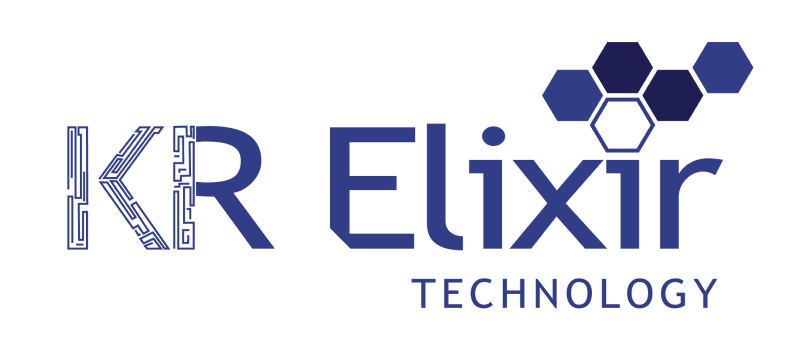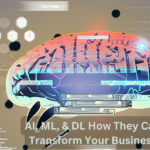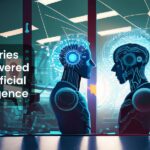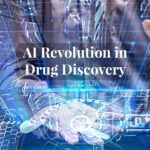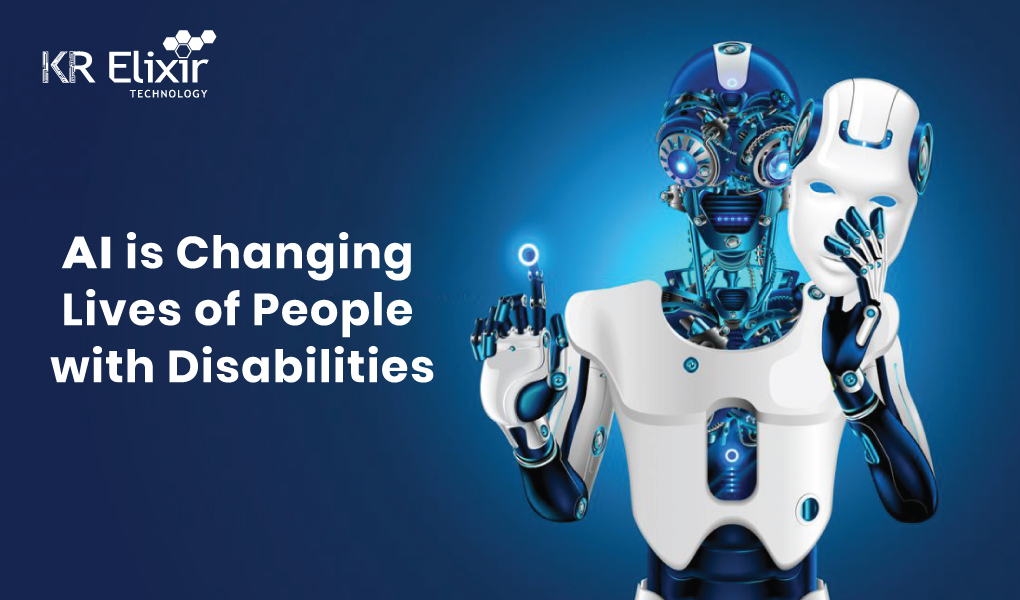How AI is Changing Lives of People with Disabilities
Artificial Intelligence (AI) is transforming various sectors of our society, making things more efficient and effective. From healthcare to entertainment, AI has brought significant improvements to many industries, including the lives of people with disabilities. AI is creating a more inclusive world by providing new opportunities for people with disabilities to enjoy an easier and more comfortable life. In this article, we’ll explore how AI can enable an easier life for people with disabilities.
Smart Home Technology:
Smart home technology is becoming more popular, offering people with disabilities a chance to live an independent and comfortable life, even if they live alone. Smart devices, such as smart lighting, smart garage openers, and smart thermostats, can be controlled remotely through smartphones, tablets, and voice commands. These devices allow people with limited mobility to regulate their home environment more easily, enhancing their daily routine.
AI-enabled Voice Technologies:
AI-enabled voice systems are an excellent invention for people with visual impairments. Voice-assisted technologies, such as Apple’s Siri, Amazon’s Alexa, and Google Assistant, allow visually-impaired individuals to use their smartphones or other devices like any other individual, simply by using their voices. These devices offer a hands-free experience, enabling people with disabilities to perform tasks such as making calls, sending messages, and surfing the internet.
Assistive Robotics:
Assistive robotics is a rapidly growing field that offers immense potential for people with disabilities. Robotic technology can assist with activities of daily living, such as dressing, grooming, and eating. These devices can also provide support for mobility and transportation, such as wheelchairs, exoskeletons, and prosthetics. Assistive robotics has the potential to transform the lives of people with disabilities, providing more independence and autonomy.
Self-driving Cars:
Self-driving cars are another example of AI-enabled technology that can transform the lives of people with disabilities. For people with limited physical mobility, transportation can be a significant challenge. With autonomous vehicles, disabled individuals do not have to rely on others to take them outside. Self-driving cars will allow people with disabilities to travel anywhere without the need for a chaperone, providing more freedom and independence.
AI-powered Healthcare:
AI-powered healthcare is another area where AI can have a significant impact on the lives of people with disabilities. AI can assist in diagnosing and treating medical conditions, such as diabetes, cancer, and heart disease, improving the quality of life for individuals with disabilities. AI can also assist with medication management, providing reminders and monitoring for potential side effects. AI-powered healthcare can offer personalized care to individuals with disabilities, enhancing their overall healthcare experience.
Overall, AI has the potential to transform the lives of people with disabilities, offering more independence and autonomy. With AI-powered technologies such as smart home devices, voice-assisted technologies, assistive robotics, self-driving cars, and AI-powered healthcare, people with disabilities can enjoy an easier and more comfortable life. These technologies are creating a more inclusive world, providing new opportunities for people with disabilities to live fulfilling lives. We hope you found this article informative and engaging. Feel free to visit our website.
Keep Changing the World with KR Elixir!
